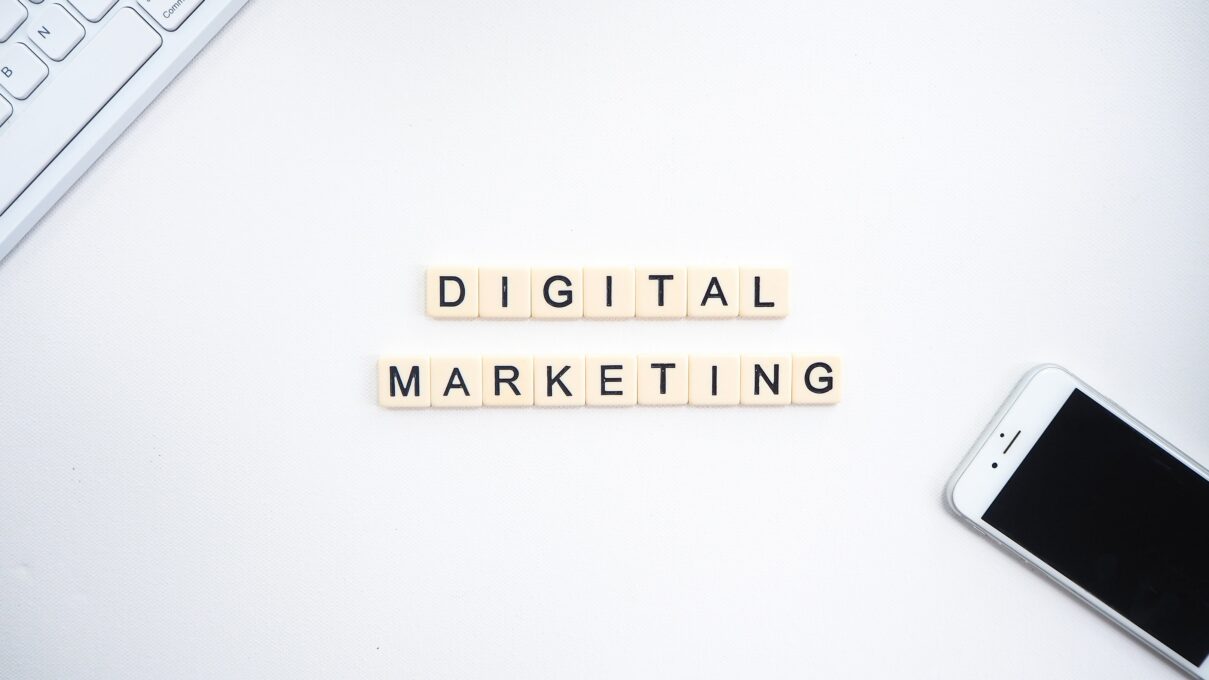5 Digital Marketing Trends To Watch For In 2020

-
categoryDigital Marketing
-
authorMelanie Dudek
-
dateDecember 13th, 2019
As we approach the end of another exciting year, the time has come to use what we learned in 2019 and look ahead to what to expect in 2020.
The digital landscape changes drastically every year and 2020 will be no different. Here is a quick breakdown of our top 5 digital marketing trends to watch out for in 2020:
Targeted Influencers
It’s no surprise that influencer marketing is here to stay. A study back in 2015 concluded that 92% of users trust peer recommendations over advertising which resulted in the rise of influencers. While influencers are not peers in the traditional sense, they cultivate a following that trusts their word and closely follows their recommendations.
In 2020, we foresee marketers and brands bypassing large influencers with a massive following and instead engage more micro-influencers who come with a more defined target audience and high engagement rate. These influencers typically come at a lower cost but can result in a great return on investment as their audience still engages at a high rate.
Streaming Ads and Live Video
Streaming services have taken over the tv and movie industry and it’s no surprise that the trend is starting to blend into the advertising world as well. While integrating ads through popular streaming services is not viable for most brands, the rising popularity of Facebook Live and IGTV has allowed more businesses to reach their audience through live streaming.
We’re already seeing positive results around this trend with Facebook Live videos being watched 3 times longer and generate 6 times as many interactions than those that are not live. Users want to be apart of what is happening now and live streaming gives brands the power to achieve this.
New Technology
Digital marketing is often heavily influenced by technology advancements and trends tend to follow what new and popular tech is capable of. With new tech comes new opportunities and 2020 looks to be filled with opportunity.
As AI and machine learning continues to improve, the ability to engage with brands becomes easier to automate. Studies have shown 42% of users expect an immediate response and 36% expect a response within 5 minutes Instead of relying on the human element for interaction, a smart AI chatbot can live and breathe your brand and allow each and every customer a “1 on 1” conversation with your brand any time of day.
In addition to AI-driven interaction, AI will also become much more efficient at sifting through the immense amount of big data available and interpreting trends and insights important to brands.
We’ve already seen early examples of brands using AR/VR to enhance their messaging, but we can expect this trend to continue to grow in 2020 as consumers seek out content that they can interact with rather than just absorb.
Lastly, when the 5G mobile network hits devices, how consumers interact and engage with brands online will be amplified, allowing a larger mobile audience for brands to reach.
On the Spot Videos
When Snapchat first unveiled stories, mobile users were excited to engage in this new world of instant video aimed at being temporary and “in-the-moment”. Next, Instagram and Facebook along with YouTube added their own version of “Stories” and even the emergence of Tik Tok, a new type of social media, focused solely around on the spot videos.
While these trends initially seemed to be user-focused, brands have started using Stories to build hype, awareness and urgency for products, events, etc. For brands, this has resulted in a rise in authenticity. Getting away from overproduced, expensive video ads; stories allow brands to quickly capitalize on a trend or pop culture moment easier than before. Adding in the ability to attach polls, links, etc to stores; brands have found a strong channel of engagement with their audience that will continue to grow.
Consumer Privacy
While this trend isn’t directly related to opportunities and advancements in digital marketing, online privacy is rapidly becoming a concern for users.
With the EU enacting the General Data Protection Regulation (GDPR) and California’s Consumer Privacy Act, consumer privacy is something brands need to be aware of in their marketing efforts with so much access to big data.
Facebook has constantly been under fire for privacy issues and this has made the public question, and become aware of, the dark side of big data.
Kevin Perkin
Digital Coordinator